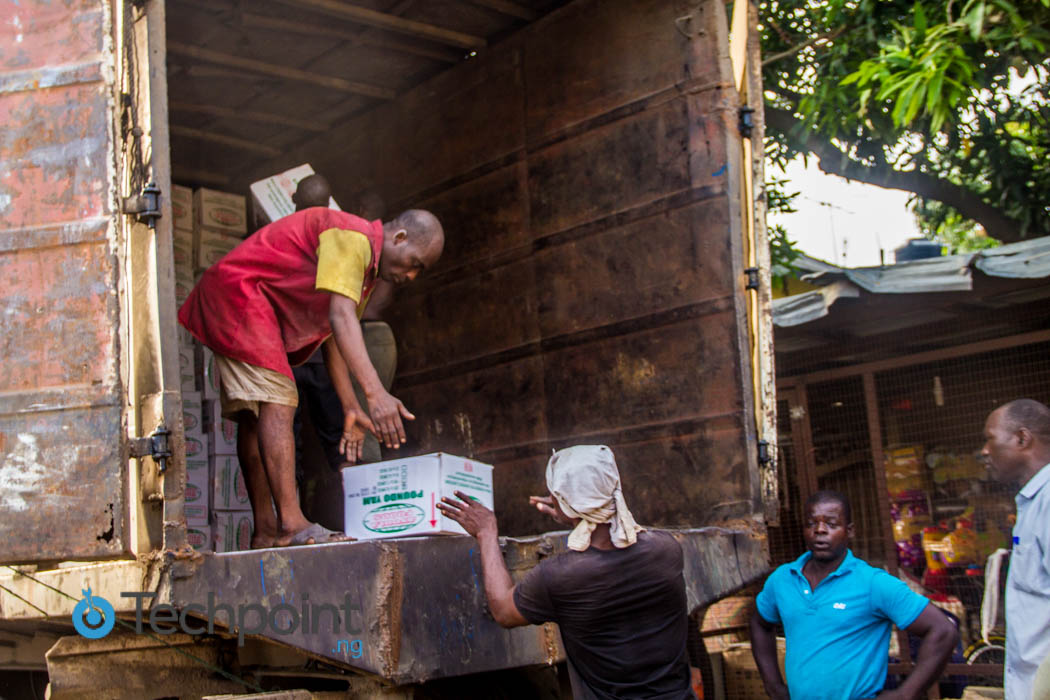A new year (2017) is upon us and companies, preparing for the new business calendar year, are beginning to feel more inclined towards sharing their business numbers as a measure of performance.
You will remember that iROKOtv, not long ago, shared news of Nigeria overtaking the UK to become its second largest subscriber base. Following shortly was Paga, whose founder revealed in a tweet that the company had processed 9.5 million transactions worth ₦156 billion in the course of 2016.
So, in the interest of keeping up with the momentum, Kobo — a delivery logistics platform whose solution is targeted at eCommerce and SMES — decided to reveal their books to us and here’s what we found.
Evidently, Kobo has been serving SMEs and eCommerce platforms by leveraging existing infrastructure in providing cost-effective logistics solutions for these Nigerian businesses. This is enabled through a partnership with key logistics players such as Chisco, DHL, UPS, Air France, KLM, SA Airlines, and a network of drivers all over Nigeria and Ghana.
Since commencing operation in September last year, Kobo claims to have moved goods that weigh a cumulative 350,000 kg, using a total number of 350 fleets at its disposal; thus registering 100% demand growth going by the books.
With this in mind, the company grossed a total of ₦857,500,000 in processed orders — about $1,750,000 at current exchange rate — with a consistent 30% Month on Month (MoM) revenue.
What is particularly interesting is that the startup has done all this in just 4 months of launch without appearing to have raised any significant investment.
With a projection to move over 1,050,000 kg worth of goods, valued at ₦ 2,527,500,000, the startup plans to increase its fleet before the end of 2017 to 1050.
Keeping up closely with logistics remains one big challenge most SMEs and eCommerce outfits face. So it is no surprise that Kobo appears to be doing nicely. But with reference to the present state of the economy, where many businesses appear to be hanging on by a thread, one might be curious to find out what the startup is doing differently.
“We’ve been executing properly and rather than burning money, we know how to do conversion,” Obi Ozor, one of the founders, clarifies. “Investors might have a ton of money and believe you can scale in reasonable time but, after a year of burning investment and with nothing to show for it, they will pull the plug,” he adds.

So, looking forward to the new year, the question remains whether the startup can keep up with the projections and deliver more impressive Year on Year (YoY) growth? Well, only time can tell. However, with impressive numbers and potential interest from investors, the founders (Obi Ozor and Ife Oyedele II) would remain careful as to keep their burn rate at a minimal level to avoid same circumstances that might have led to the untimely exit of Efritin from the Nigerian market; something we are still in shock about.
Kobo is already making plans to move into its new office; a space paid for with figures believed to be in the range of ₦6 million. If so, it is probably safe to say that the startup is indeed profitable.






